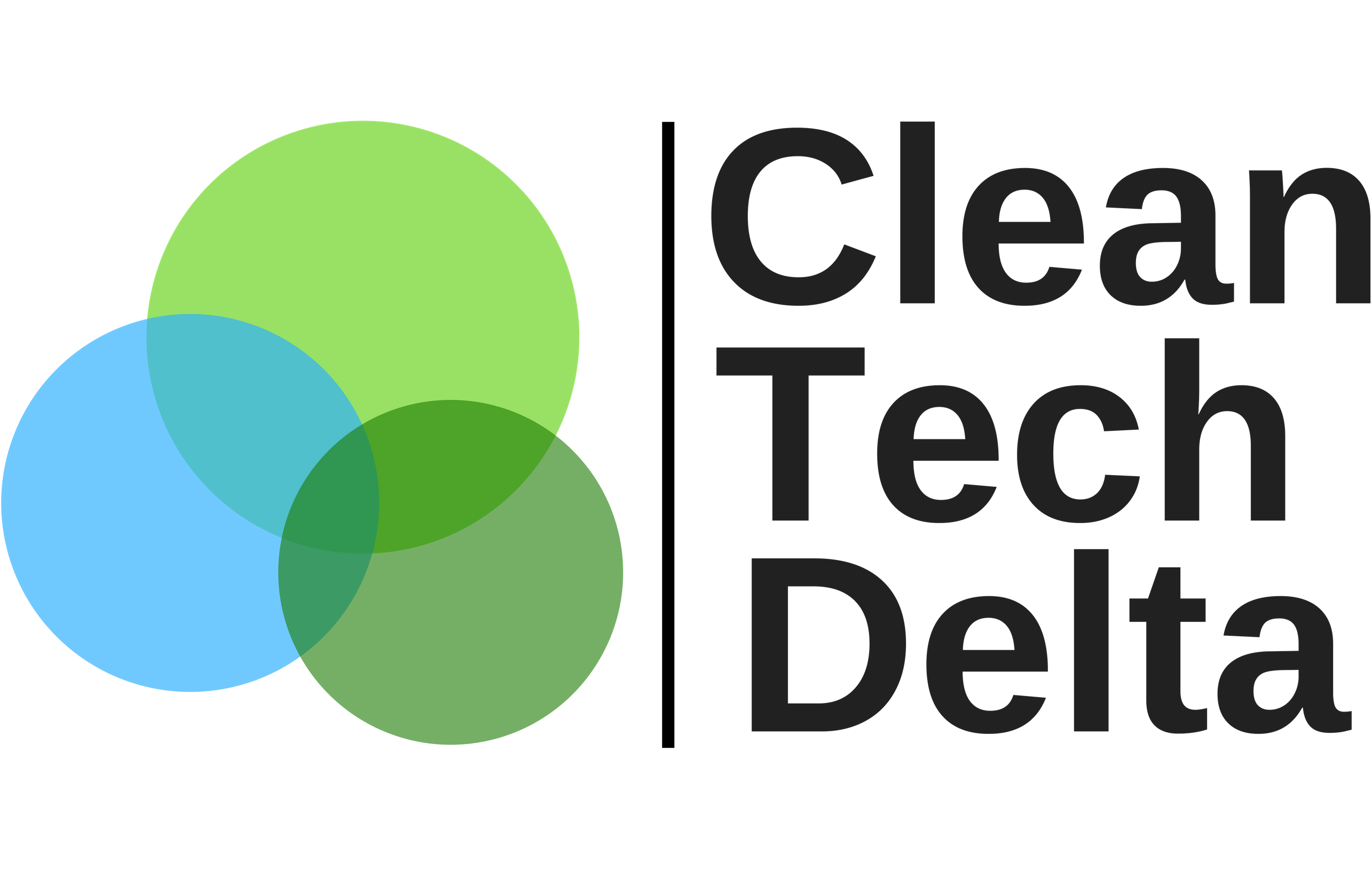Clean Tech Delta and Dearman, the clean cold technology company, are hosting a round table discussion to consider air pollution and the role that emerging technologies can play in addressing it.
Air pollution is increasingly working its way into the centre of the environmental debate as public concern grows about the impact of emissions on health. Recognising that transportation has a significant role to play in creating such emissions, the session will consider the potential for zero emission technologies to address the problem, the opportunity for businesses to take up new technologies and incentives that could boost mass adoption.
As one of the preeminent logistics hubs in northern Europe, Rotterdam has been selected to host the event because of the impact of transport emissions on the city and because of the concentration of world class academic and industrial expertise in the area.
The roundtable is open to interested businesses, policy makers, academics and the media. It will be chaired by Clean Tech Delta, with expert opinion from Willar Vonk of TNO. Dearman will present its analysis of diesel transport emissions, while providing perspectives on emerging clean transport technologies and the obstacles to be overcome.
Discussing the event, Fred van Beuningen of Clean Tech Delta said: “Air pollution has shot up the agenda of policy makers and the public alike. The health impacts of diesel emissions in particular are causing greater concern than ever before and it’s only a matter of time before regional, national and even international bodies take action to address the problem. It’s our belief that technologies exist which can make a difference, without imposing unreasonable costs on businesses. The challenge however is adoption – and that is what we are coming together to discuss. What options are available to businesses, what positive impact could they have and what incentives are required to encourage change here in Rotterdam and elsewhere?”
David Sanders, commercial director of Dearman added: “The logistics industry is an essential part of modern life and of our international economy. It is also rapidly growing, with the number of refrigerated vehicles alone expected to boom around the world. The challenge we are therefore presented with is how can we reduce all transport pollution, including CO2, refrigerants, NOx, particulate matter and even noise without damaging the companies that provide such an essential service? The answer must lie in technology and in working together as innovators, policy makers and businesses to bring about change that is positive for everyone. This discussion will generate useful awareness of the problem and hopefully some insight into the solution.”
Air quality is a major issue across Europe, with an estimated 400,000 people dying prematurely each year because of the air they breathe.
An often overlooked contributor to that pollution are transport refrigeration units, which burn diesel to keep refrigerated trucks cold. Analysis has suggested that despite being small, some transport refrigeration units can be disproportionately polluting, emitting up to 29 times as much particulate matter as a modern truck engine. Emerging technologies have a potential to address these emissions, and the roundtable event will discuss the role that both policy makers and business can play in driving uptake of more efficient, less polluting alternatives.
